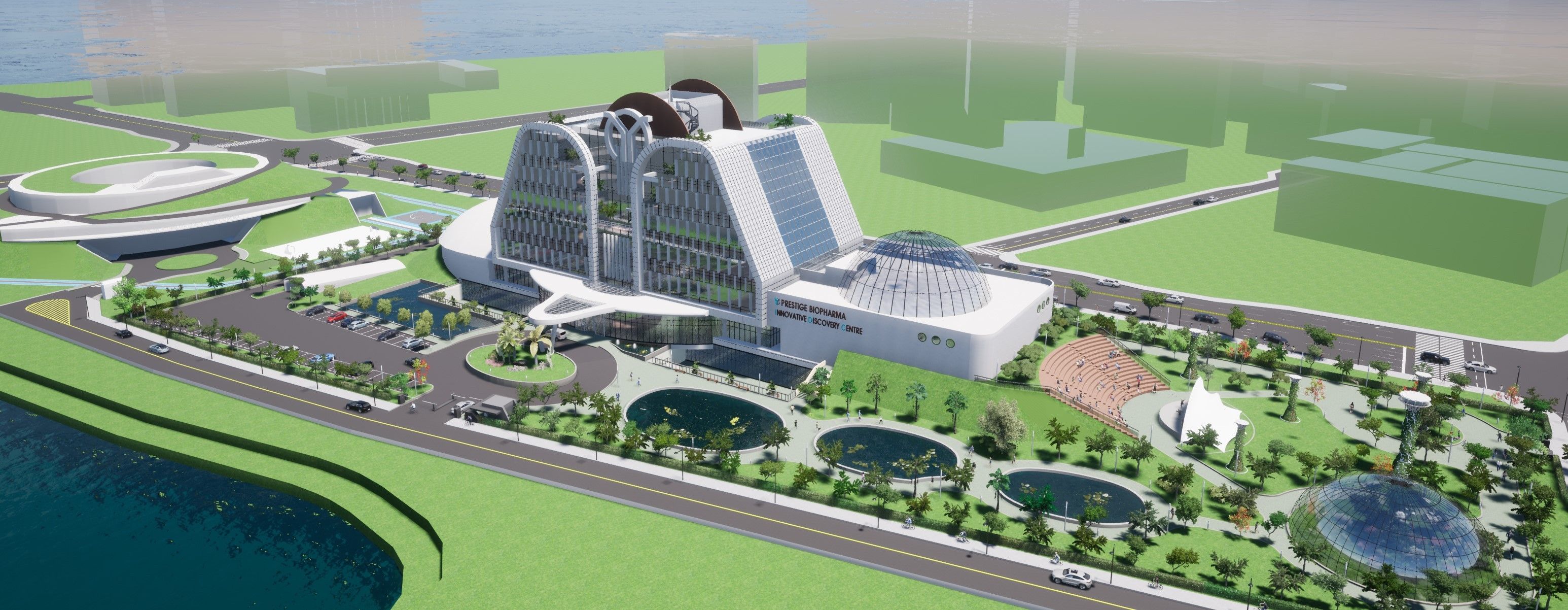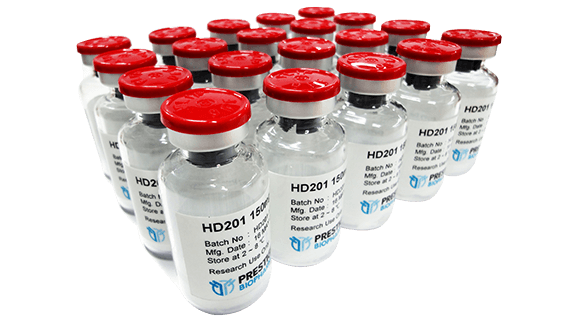- Bone Health
- Immunology
- Hematology
- Respiratory
- Dermatology
- Diabetes
- Gastroenterology
- Neurology
- Oncology
- Ophthalmology
- Rare Disease
- Rheumatology
Prestige BioPharma Plans Investment to Boost Its Drug Pipeline
Prestige BioPharma aims to expand its drug pipeline with a $152 million research and development facility.
Prestige BioPharma, a Singapore-based company that has a trastuzumab biosimilar (HD201) under regulatory review, said it will build a $152 million research and development facility measuring 45,000 square meters in Busan, Republic of Korea.
The company recently signed a memorandum of understanding with the Busan City government, which in this project is celebrating the construction of its first biopharmaceutical center. Prestige said it would staff the facility over the next 5 years with 209 workers with PhDs and research and development skills.
HD201 recently completed a phase 3 clinical trial and is under review for approval by the European Medicines Agency (EMA). The Prestige pipeline also includes bevacizumab (HD204) and adalimumab (PBP1502) biosimilar candidates. HD204 is in phase 3 development, and the adalimumab candidate is in phase 1.
In addition, Prestige has a first-in-class antibody (PBP1510) under development for pancreatic cancer that targets pancreatic adenocarcinoma upregulated factor. The drug has received orphan designations from the FDA, the EMA, and the Korean Ministry of Food and Drug Safety. These designations streamline the development and review processes that precede marketing approval.
Prestige has also begun a venture into vaccine development and production and participated in the production of Russia’s Sputnik 5 COVID-19 vaccine.
“Prestige BioPharma will be able to accelerate the development of innovative antibody drugs and at the same time contribute to the growing global demands of vaccines in response to COVID-19 and potential future pandemics,” said Lisa S. Park, CEO, in a statement.
In April 2021, Prestige announced an agreement with Pharmapark, of Moscow, Russia, for the distribution of Prestige’s HD204 in Russia. The monoclonal antibody inhibits the growth of tumors and is useful in the treatment of multiple forms of cancer, including colorectal cancer, non–small cell lung cancer, and kidney cancer, among others.
For more about Prestige BioPharma's growth strategy, click here.
Newsletter
Where clinical, regulatory, and economic perspectives converge—sign up for Center for Biosimilars® emails to get expert insights on emerging treatment paradigms, biosimilar policy, and real-world outcomes that shape patient care.


